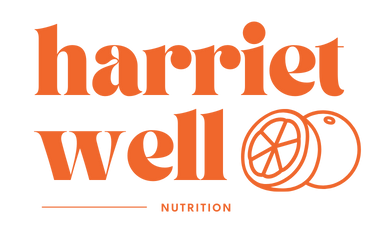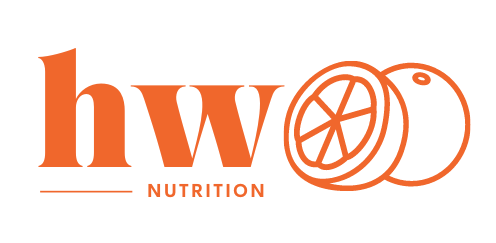Why Fasted Training Isn’t the Best Option, Especially for Women
If you’ve ever thought skipping breakfast before a workout might help you “burn more fat,” you’re not alone. Fasted training (exercising on an empty stomach) is often a long standing food rule of many, especially among women trying to lose weight or tone up. But while it might sound like a quick solution to lose a little extra weight, for most women, fasted training does more harm than good.
Let’s break down the science and reasons behind why it’s not something I would recommend, and explore why fueling your body before movement is often the smarter, more sustainable choice.
What is fasted training?
Fasted training means working out without eating beforehand, usually that being first thing in the morning. It is most common for those who engage in early-morning gym sessions, runs, or home workouts when breakfast is skipped or delayed in an effort to “burn more calories.”
The myth: “Fasted workouts burn more fat”
First of all, yes, during fasted exercise, your body may use a slightly higher percentage of fat for energy. But that doesn’t mean you’re burning more body fat overall.
What really matters is your total energy balance and how your body performs and recovers over time. And for many women, fasted workouts lead to:
Lower energy levels
Poorer performance
Increased stress hormones (like cortisol)
Greater hunger and overeating later in the day
So while the short-term “fat-burning” idea sounds appealing, the long-term outcomes often work against your goals.
Why fasted training can be especially harmful for women
Women’s bodies are biologically wired to be more sensitive to energy deficits. When we go into a workout without fuel, our body may interpret this as stress (as exercise is a form of stress on the body) triggering hormonal shifts that can:
Disrupt appetite-regulating hormones like leptin and ghrelin
Elevate cortisol (the stress hormone), which promotes fat storage - especially around the midsection/stomach area
Impact menstrual cycles and overall hormone health
Lead to poor recovery and muscle breakdown (not ideal if your goal is to tone up)
In short, skipping fuel before movement may hinder fat loss, muscle gain, hormonal balance, and energy - all the things you’re probably training to try and achieve.
Benefits of fuelling before your workout
Eating a small snack or at least some food before your workout can make a world of difference. Here’s why:
More energy = better performance
Better focus and motivation during your session
Improved recovery and lean muscle support
Stable blood sugar and fewer cravings later in the day
Lower cortisol, helping support better long-term fat loss
Even a light snack can make a huge impact - something like half a banana with peanut butter, a slice of toast, a protein shake or a small smoothie with protein and fruit.
What if you’re not hungry in the morning?
This is actually really common and it can be a sign that your body is used to under-fueling. You don’t need to eat a full meal before training, but try easing in with a small, easy-to-digest snack and see how your body responds. Over time, your natural hunger cues will start to kick in.
If your goal is to feel strong, energised, and in tune with your body, fasted training probably isn’t benefiting you. Women thrive with nourishment, not deprivation!
Fueling before your workout supports better results, more energy, and a healthier relationship with food and movement. If you’re working hard, your body deserves to be supported accordingly.
Need help figuring out what to eat before or after your workouts?
That’s exactly what I help my clients with, we create a routine that feels good, supports your goals, and takes the stress out of nutrition.

